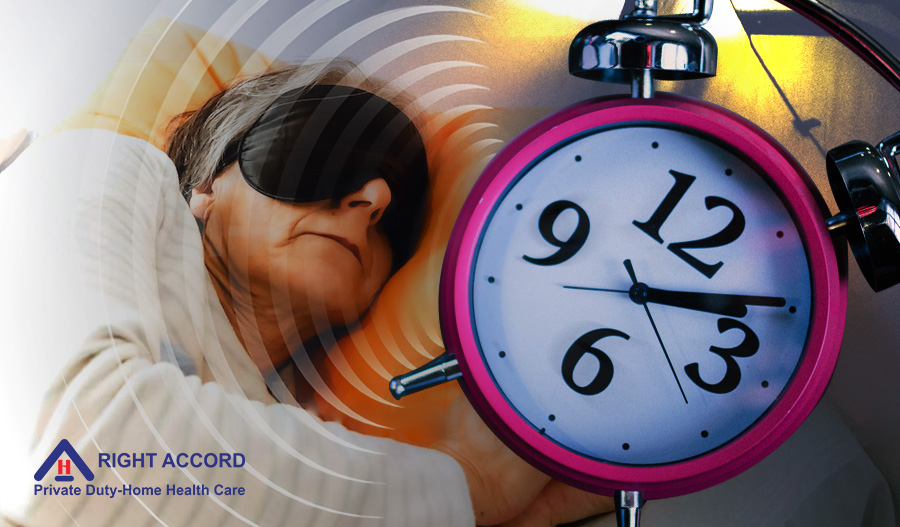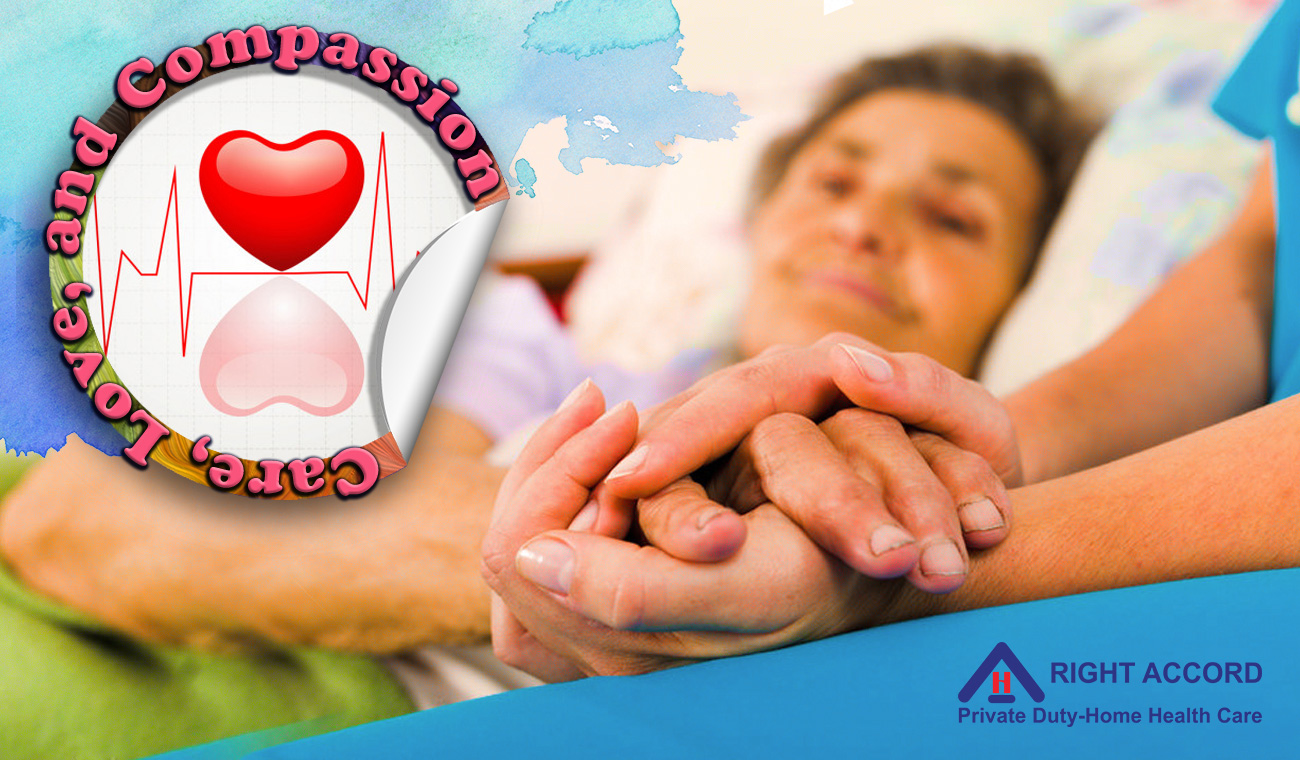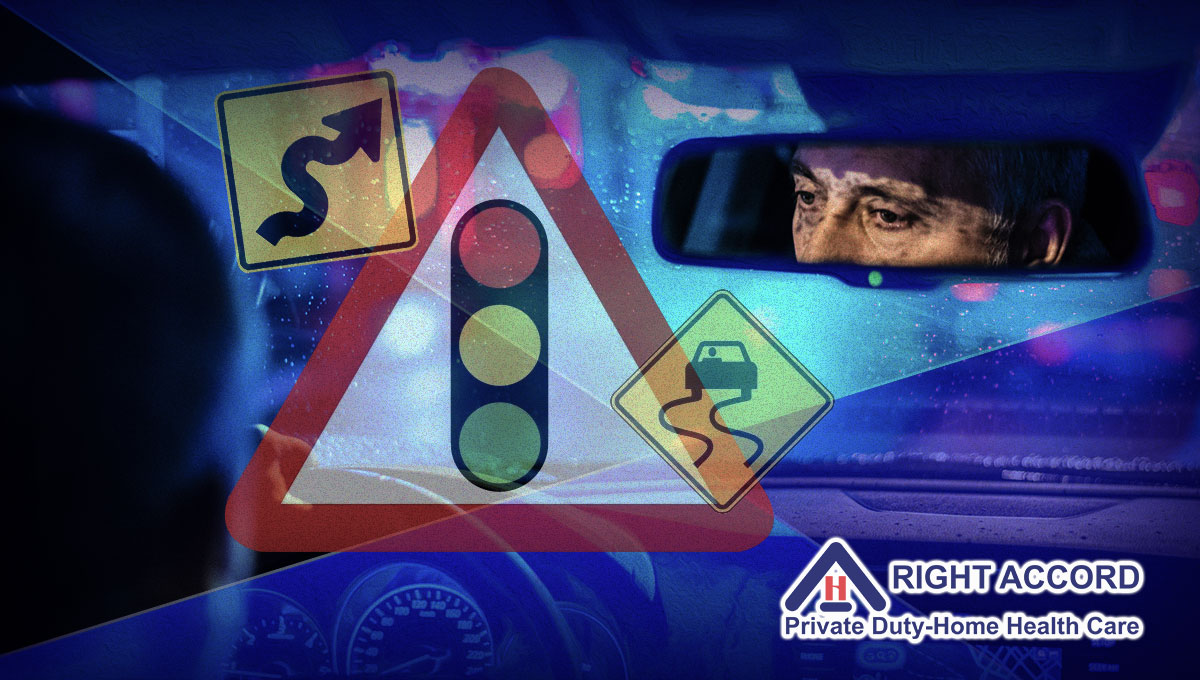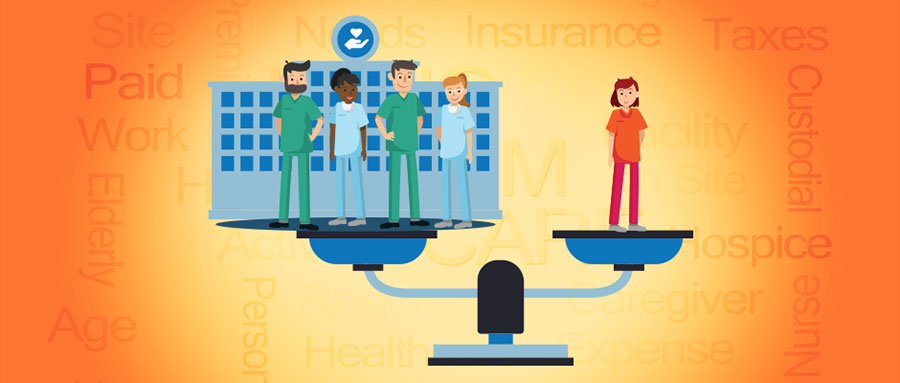· 3 min read
Embracing Senior Independence: A Guide to Empowerment
The National Senior Independence Month is an opportunity to empower our seniors with the tools and support they need to live life to the fullest.

By: Rosemarie Tamunday Casanova — RN, BSN, MHA
As we celebrate National Senior Independence Month, it’s crucial to recognize and honor the wisdom, resilience, and vitality that our seniors bring to our communities.
This special month offers an excellent opportunity to focus not only on celebrating the golden years but also on providing practical tips to enhance senior independence. Let’s explore some simple yet powerful ways to support and empower our seniors in their daily lives.
1. Stay Active
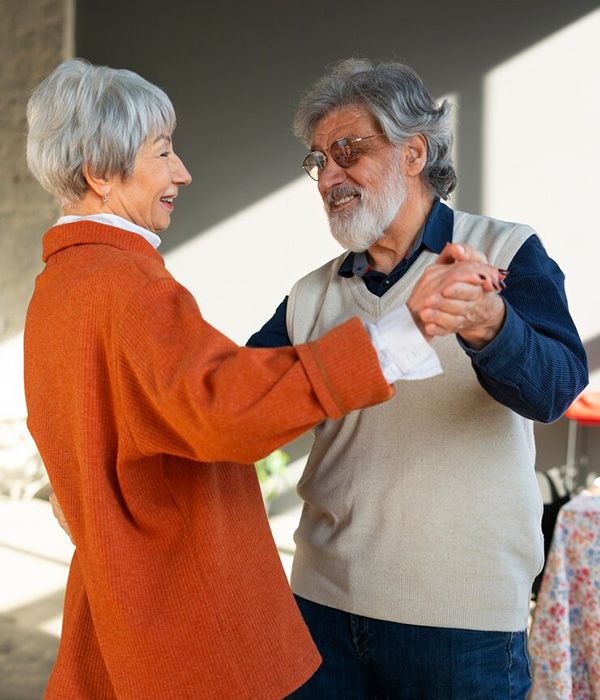
Encouraging physical activity is a cornerstone for promoting senior independence.
Simple exercises like walking, stretching, and gentle yoga can significantly improve mobility and overall well-being.
Seniors can explore local parks, join senior fitness classes, or engage in activities that bring joy while keeping them active.
2. Embrace Technology
In today’s digital age, technology has become a valuable tool for connecting with loved ones and accessing information. Help seniors become comfortable with smartphones, tablets, or computers to stay in touch through video calls, emails, and social media. Learning these skills fosters independence and helps seniors remain connected to the world around them.
3. Create a Safe Home Environment
A safe living space is crucial for senior independence. Simple modifications, such as installing grab bars in bathrooms, adding non-slip mats, and ensuring proper lighting, can prevent accidents and promote a sense of security. Regular home safety assessments can identify potential hazards and lead to a more secure living environment.
4. Foster Social Connections
Loneliness can be a significant challenge for seniors, impacting both mental and physical health. Encourage participation in local senior clubs, community events, or hobby groups to foster social connections. Building a strong support network contributes to emotional well-being and a sense of belonging.
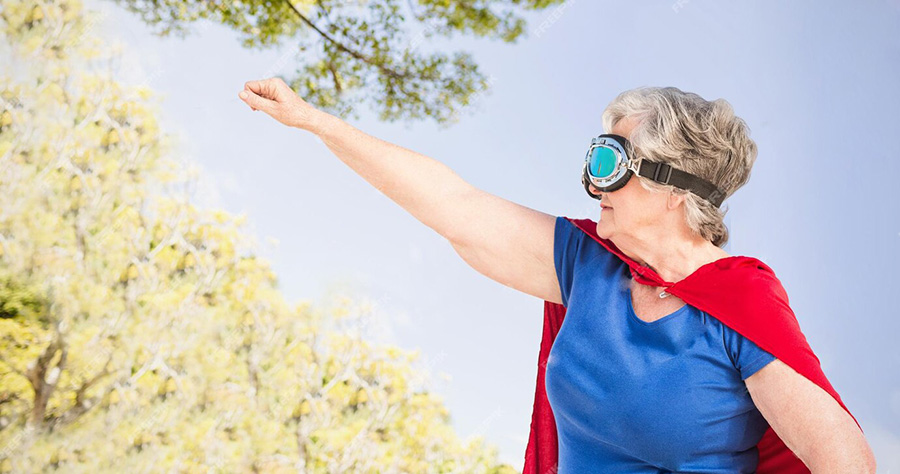
5. Prioritize Mental Health
Maintaining mental well-being is vital for senior independence. Engage in activities that stimulate the mind, such as puzzles, reading, or learning a new skill. Encourage mindfulness practices like meditation or relaxation techniques to reduce stress and promote emotional resilience.
6. Simplify Finances
Managing finances can become overwhelming for seniors. Simplify the process by setting up automatic bill payments, organizing important documents, and, if needed, seeking assistance from financial advisors. A clear and manageable financial situation contributes to peace of mind and independence.
7. Plan for Healthcare
Regular health check-ups and preventive care play a crucial role in senior well-being. Help seniors create a healthcare plan that includes routine screenings, vaccinations, and access to medical professionals. Organize medication schedules and consider transportation solutions for healthcare appointments.
8. Explore Senior-Friendly Transportation
Maintaining mobility is essential for senior independence. Research and introduce seniors to senior-friendly transportation options, such as community shuttle services, rideshare programs, or public transportation with accessible features. This ensures they can travel comfortably and maintain an active lifestyle.
Conclusion
National Senior Independence Month is not just a time for celebration; it’s an opportunity to empower our seniors with the tools and support they need to live life to the fullest. By incorporating these simple tips into their daily routines, we can contribute to fostering independence, resilience, and a vibrant quality of life for our cherished senior community members.
Let’s join hands in ensuring that their golden years are filled with joy, connection, and the freedom to embrace life on their terms.
